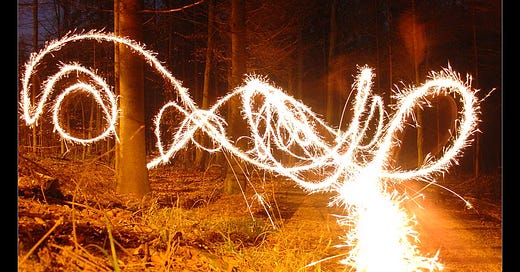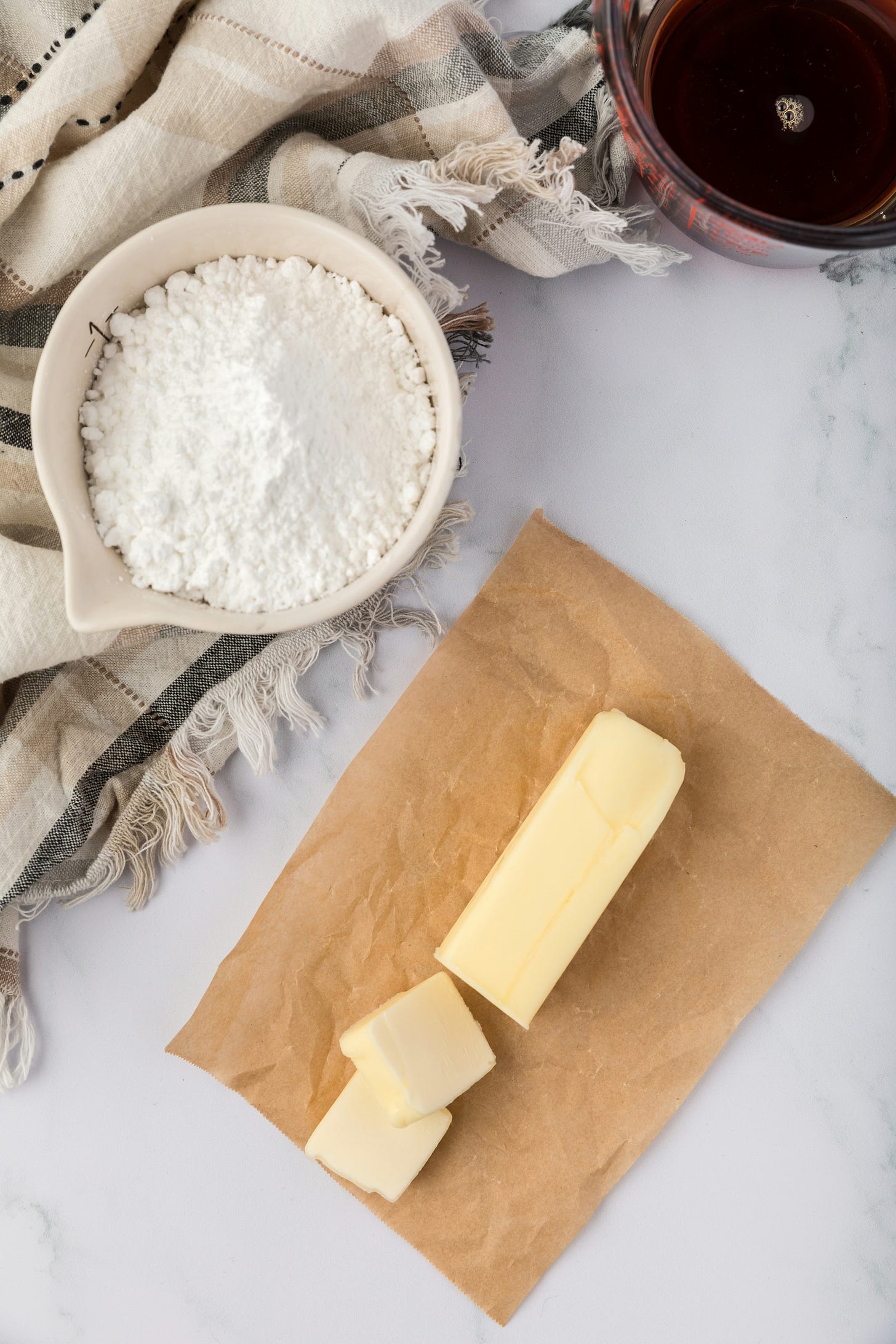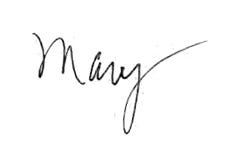Note: Update: Robert seeks out Evan … go to your laptop or computer for the full prose read. Audio will work fine on your phone.
You can start reading here or anywhere, then go back. See Table of Contents. Come in the middle? Robert is the narrator who discovers after his wife Lena has died that she had a lover, Isaac. Evan is Isaac’s wife. Robert is on a search for how he lost Lena: He’s creating the story through memory, invention and a search for the truth and his role in what happened—and by stalking Isaac.
Evan
Evan was in the kitchen.
I stood in the grass, imagined her with poppies in the crook of one elbow, her arm linked through Lena’s while lightening bugs flashed white fire.
I stood close enough to watch her through her wide kitchen window, perversely close. She was rolling out pastry. A bowl of blueberries sat nearby. She filled a saucepan with some of the berries, added flour and sugar and stirred the mixture over a low blue flame. The dry mixture turned in the bowl with her wooden spoon and the white covered, snowy berries turned to liquid purple blue, the color of blood inside veins. I thought of Lena’s Brompton’s cocktail, of her blood slowing in her veins, of her heart slowing to rest, of her mind slowing to sleep.
Evan poured the hot liquid into the fresh berries. Her hands were golden brown and firm, large. Lena’s thin hands had skin like tracing paper or old air mail stationery. Evan mixed the purple liquid with the cool fruit. She laid her rolling pin on the dough and folded one end round the pin, slowly turned the pin until it became a tube of dough with the other end hanging above her board. She moved the tube to her pan, lay the hanging end over the edge and unrolled the rest onto the pan. It sat there like a lid. Then she pressed the dough down into the pan, holding the edges, I guess so they wouldn’t tear, and poured in the berries. She squeezed lemon juice on top and cut up bits of butter, then quickly rolled out another disk of dough on her floured marble board. And again she laid the pin on top to roll the dough round it and again deftly lifted it and laid it atop. She crimped the edges of the pie, pulled a piece of brown paper from a roll and lined a cookie sheet with it. She laid the pie on the sheet and put it in the oven.
My mother baked pies from boxes out of the freezer. Long ago, I used to go to the farm where my father grew up, where my grandparents lived, where in a tire hanging from the big old cottonwood I tried to swing in rhythm to Chopin’s show-off Minute Waltz, that whirlwind three-four time, while I worried the fingering in D flat-minor key inside my head. I couldn’t yet play the piece from my red fifth-grade piano book but I could read it and hear it. And in that memory haze lies my grandmother’s broad back and wide hands on a wooden board, on dough, her movement more like the languid Nocturne in E flat that I learned that summer and have begun to play again and whose quiet slides into romantic trills that recall that time.
I knocked on the door. “May I come in?”
Evan stood aside.
“What was the paper?”
“What?”
“The paper you put on the cookie sheet.”
She held up the box and I read, Parchment Paper, and she laughed. “How long were you out there?”
“I guess that is weird, me, watching you make the pie.”
She offered me a glass of lemonade. I knew as soon as it touched my lips that it was freshly made, squeezed with her large firm hands from lemon after lemon and sweetened. “How?” I asked. My mother made lemonade from a mix and it never tasted like Sunday-dinner lemonade. She hated to go there, “the farm” as it would always be known even when no one farmed it anymore. She stopped going when I was twelve, the same year I stopped the lessons with her. Evan told me confectioner’s sugar was the key because it dissolved and sweetened without the residue of sugar I would stir up from the bottom, try to catch in the next swallow. I explained something she clearly already understood when I told her ice was the problem with granulated sugar.
“Or,” she said, “you could make a sugar syrup by melting granulated sugar in water in a saucepan on top of the stove. Takes just a few minutes.”
“I explain stuff when I don’t know how to begin. Well, probably I just explain stuff. It’s annoying.”
“I wasn’t annoyed.”
“I explain to Lena stuff about how to put the dishes in the dishwasher. About the thermostat for the air-conditioner. I think she’s had enough of it. I think that’s why she’s dying in a room in a house on 21st street. Not the reason that she’s dying. The reason she’s in the room. You’ve been to see her.”
“Yes.
“Are you going to the opening? End of summer gala? Invitation only? The Scrolls?” That seemed to follow, the cryptic scrolls that gave up secrets from an archaeological find or better, as I later learned, from the accident of a Bedouin who wandered into a cave.
“Yes, I suppose,” and I heard the sound of the unspoken “ought.” Why did Evan think she ought to go? Then, after a pause, she added, “Anyway, I think I’ll go.”
I had been to the house for evening parties but I’d never been friends with Evan and Isaac. They were Lena’s friends. I drank the lemonade and sat in the blueberry doughy air from the oven. “You’re making a pie. Does pie mean company?”
“I guess it does. You’re here, aren’t you?”
“Then it doesn’t mean company.”
“Robert, what do you want to know?”
“That the pie is for him.”
“Why do you care about that?”
“Where is he?”
She said, “In the greenhouse.”
Out the window I could see Isaac was not in a greenhouse but inside a frame.
“You always knew everyone’s children’s names.” At the parties Evan was smooth and easy to be with, greeting all the guests.
“The children?”
I was barely making sense. “Lena is the master of the non sequitur. Have you noticed that?”
“I did go to the Bible exhibit, the one that that rich guy funded. I can’t remember his name now. She showed me around. I remember we talked dominoes. Now I’m doing that thing—what did you call it?”
“Non sequitur?”
“Yeah, that thing.”
“And the dominoes?” I asked.
“Nothing. The game, I guess.”
“Do you think that’s what’s happening?”
”I don’t know what you mean.”
But I think she did know. “Dominoes, you know. One falls, then they all fall. The old Kissinger line about why we were in Viet Nam.”
“I never bought that. It got us into trouble, didn’t it? Anyway, we were talking that day about how things aren’t neat. The dominoes, you see. When they work, they fall—well you get my drift.” She put on large mitts and opened the oven. The pie was beginning to turn golden. “It’s not ready, but it will be soon. Do you want to see Isaac? He’s working in the garden.”
“You said he was in the greenhouse.”
“Yeah, I did say that. That’s what it’ll be, what he’s building out there, if he doesn’t change his mind. He does that. That’s happened before once he’d got going. That barn out there.” She pointed out a window on the opposite side of her kitchen from where the greenhouse was. “It was going to be a potting shed, something else I wanted but didn’t get. But then later, he did build it. Well, it’s more a storage shed. It’s behind the house. I pot my herbs in there.”
“You want a greenhouse?”
“Well, I suppose. He could start some of his vegetables there, but mostly he buys plants in the spring and doesn’t really need a greenhouse. Of course, tomatoes. There’s such a long wait for them. August, before we have any. And greenhouse tomatoes don’t taste like the ones from the garden. Even the ones I buy in Fresh Fields that are called ‘vine ripened’ aren’t really any good. The only early ones there that are good are the heirlooms and they may get started in a greenhouse but I don’t think they end there. I want the greenhouse because I want to raise orchids. I bought one in the market. On sale for fourteen, fifteen dollars. It was a Phalaenopsis and, after all the blossoms fell off or I cut them off, someone told me to cut them off when the green in their stems faded, that they gave a signal to the others that they were dying—” Her voice stayed at the same pitch on the word dying. Her lips were open and suddenly still. She had stopped as if in mid-sentence even though her sentence was complete. “I’m sorry,” she added.
The scientist Stephen Hawking had once said things go into a black hole never to come out, violating what I had understood to be a law of the universe or at least a law of energy that all matter changes but no matter disappears. Dust to dust in terms of physics.
I aced Quantum Physics by taking notes through the course, notes on everything the boring professor put on the board, notes I didn’t understand. I attended every droning lecture and took detailed notes. I didn’t read the book until the last days before the final. He had said, “I don’t care much about grading, but I’ve gotta do it. I figure you’ll learn what you want to learn. It all depends on you in that sense. So, you can create your own odds for your grade. But you have to calculate a prediction. You can think of it as calculating your odds. And then you’ll know something more about what a prediction really is. Here are the options: the grade for the mid-term or the grade for the final or a grade based on both. There’s homework but no grades for homework.” I chose the final, predicting I might actually know something by then. I did all the homework, failed the mid-term and before the final spent three days and nights worth of coffee reading the notes and the book. I sat in the library or at my dormitory desk, hyped on caffeine, when it came to me: My key to Quantum Physics, my way of making sense of it right when I was sure I’d fail the final.
Here’s what I figured out. If you measure a particle inside a box, you will interfere with the environment in the box, you will change what you are trying to measure and your measurement will be false. What you can do is create predictors of where that particle might be and depending on how good your predictors are you may have a theory of where the particle is and that theory may prove correct over time but only time will bear out the theory. No tool of measurement will be capable of giving you this information in real time. I’m now pretty sure that my sense of the theory mixes what is known as the Observer Effect with the Uncertainty Principle, and that mix-up now serves me.
For me, who has always wanted order, the study of Quantum Physics seemed at the time to provide it—a way to measure even if the measurements could not be placed with total predictability in space and time.
But on reflection and much distance from my college studies, I am driven by uncertainty. Nothing I know assures me that I know it. Lena’s comment, “I’m confused,” seems now to me to hold more wisdom than I am capable of explaining.
Evan had made a mistake? Is that what she thought? A mistake to say the word dying when death was all that I could think about, when Lena was all that I could think about, her death and her life. She was on my mind in a way she’d never been and I was sure would be for all the years that I would be alive. This would never change. That was what I was thinking though I know that all things change. But in death everything is stilled to let us look, see the way we haven’t seen before.
And before that inevitability, while the one you love moves towards death and you can see that movement though you know everyone is dying and you can’t see anyone else move toward it, the awful and the impossible happen at the same time.
She was sliding from me and time slowed to let me see what time never allows: the certainty that I could observe present time.
I know that’s impossible the same way I know Quantum Physics provides only probabilities in present time because the more you try to measure precisely anything moving in present time (its location and speed), the more uncertain the results become. This is so whether or not your measurement, your intrusion changes what you are trying to measure. But both concepts are key for me here.
In a similar way: Before you can even say the word present or think what she just said, what you perceive has passed. What is left is what perspective will allow.
Evan and I were standing together in that place, sorting through our own measurements of what had happened.
“Don’t be sorry,” I said, “for saying out loud what needs to be said.”
“I’m not sorry for that, but for talking about my orchids, the way I can save them or think I can by cutting off one blossom to keep the others going.”
“Maybe it’s not such a bad analogy though I don’t think I know exactly what I mean by that.”
“You don’t seem like the kind of person who says what he doesn’t mean.”
“I don’t know what kind of person I am anymore. I used to think I knew the way things ought to be. I’m no longer certain.”
“Yeah.” She said that word emphatically, with a nod of her head that assured she’d understood.
I didn’t understand how she could understand and I am the sort of person who doesn’t trust the easy ‘yes.’
“Yeah? What do you mean?” I repeated the word, “Yeah,” accused her with it.
“We all tell ourselves stories.”
Now it was my turn. “Yeah.”
“You’ll be wanting to see Isaac, won’t you?”
“Another day. I’ll come back another day if that’s okay.”
“I’ll tell him you came by.”
I knew what I had not been told: that Isaac was Lena’s lover, or had been, and that Evan knew. She and I were in that moment complicit in our silence on this matter, what each of us had not wished to know when we talked in her kitchen that I now think of always in terms of that blueberry pie, the dessert he would eat without just deserts.
The person I once was would never have accepted this knowledge without confirmation or confrontation, the latter being more essential than the former.
On this day, my friendship with Evan formed and it has taken shape in sorrow and in knowledge.
Stephen Hawking has recanted his view that what goes in the black hole never comes out. He has given an encyclopedia of baseball to another scientist who bet him that he was wrong. Hawking has said he has now proven that what goes into the black hole will come out. It will come out forever changed and even its original source may not be intelligible when it is discovered, but it has returned: matter to matter.
Memory has become this, both black hole and return.△
Table of Contents
Next: Chapter 31: “Evan” (Evan seeks Isaac)
Only Connect, all sections, and this serial novel come from my heart and soul—and ten years of research. I know the saying ‘time is money’: I couldn’t help but pursue this story. If you have already gone paid, my heart goes out to you with my thanks.
Love,











But in death everything is stilled to let us look, see the way we haven’t seen before.
This is a beautifully written image. Thank you!
"Intrusion changes what you are trying to measure"- especially the story. ❤️